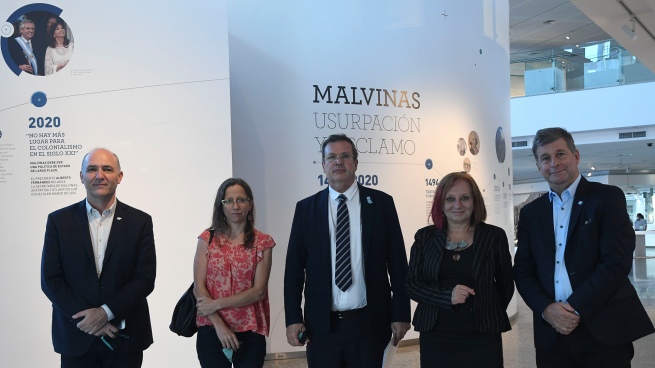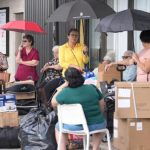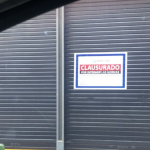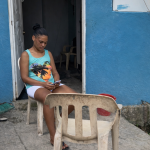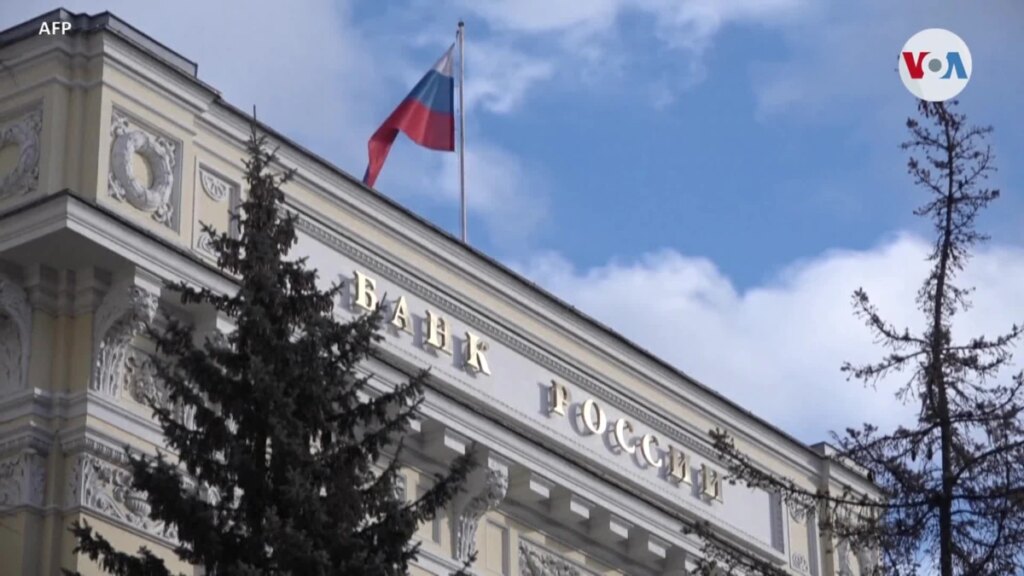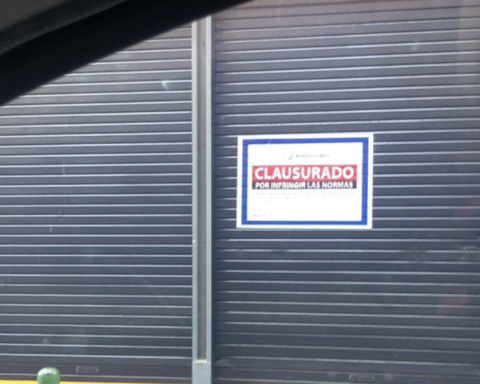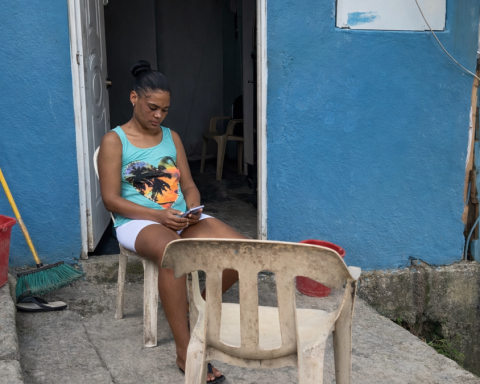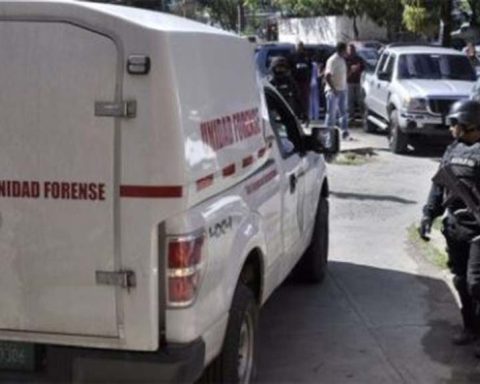The Public Defender’s Office presented on Tuesday a paper with recommendations for the proper treatment of the media on issues related to the sovereignty dispute over the Malvinas, South Georgia, South Sandwich Islands and the corresponding maritime spaces, with the aim of avoiding “inaccuracies towards the audiences”.
“We detected that there was a lack of knowledge in the media about the arguments on which the legitimate claims of Argentina are based, which had as a consequence the dissemination of inaccuracies towards the audiences“, warned the defender of the Public, Miriam Lewin, about the motivation of this initiative.
The presentation was held at the Museum of Malvinas and South Atlantic Islands and, in addition to Lewin, it was in charge of the Minister of Culture, Tristán Bauer; the head of the Malvinas, Antarctica and South Atlantic Secretariat, Guillermo Carmona; the director of the aforementioned museum, Edgardo Esteban, and the UBA teacher and researcher María Laura Guembe.
The errors identified as most common have to do with “the non-recognition of the constitutionality of the claim; why it is a case of usurpation and colonial status; information about a supposed right to self-determination of a population that is really implanted; the lack of coverage the role of women in the conflict; the identification of the combatants buried as NN in Malvinas and the fundamental work of the Argentine forensic anthropology team,” Lewin explained in statements to Télam.

And he stressed that now this “easy to read instrument for an informed and responsible coverage that takes several aspects: the historical context, the constitutionality of the claim, the toponymy and the terminology that is used when one refers to the Malvinas issue as well as the indication, that many do not know, that Malvinas is part of the province of Tierra del Fuego”.
For his part, Carmona referred to the document as “an instrument that seeks to the Malvinas issue as State policy” and as a “contribution that can help us sustain this process of malvinization based on what our Constitution clearly provides.”
“It is an initiative that strengthens the policy of claiming Argentine sovereignty over Malvinas and that aims to raise awareness about the strategic value that Malvinas has for our country and our people,” said the official in dialogue with Télam.
He also highlighted the “work of social communicators” and the importance that it can “be backed by contributions that allow a communication that has to do with this foreign policy priority that is the Malvinas issue and with this national cause that unites us as a people”.
Meanwhile, Bauer referred to the document as a “10 point summary” that make up “one more link in the constant struggle for peacethe recovery of our territories and the full exercise of our sovereignty”.
At @MuseoMalvinastogether with Tristan Bauer, @CulturaNacionAR, @grcarmonacand @miriamlewindefe, @DefdelPublicthe recommendations for the media treatment of the effective exercise of Sovereignty before the United Kingdom, around the Malvinas Islands, were presented. #MalvinasNosUne?? pic.twitter.com/AhspDF8cDV
– Edgardo Esteban (@EstebanEdgardo) March 15, 2022
“A very important work that tells us about images, concepts and of wordswhich starts with the bicontinental map, where only the perception of this map leads us to a new conception of our territory,” said the Minister of Culture, referring to the new Argentine bicontinental layout that, based on Law 27,757, incorporated the demarcation of the outer limit of the Argentine Continental Shelf.
The official also highlighted the importance of making visible “stories that are silent such as the number of suicides among our heroes, our veterans and ex-combatants. We must also talk about that pain, not cover it up, know in depth the horrors of war”, insisted.
Edgardo Esteban, for his part, expressed his surprise at the “great ignorance about the Malvinas casenot only about the war and its stories, but what are the 502 years of the first roomthe 189 years of usurpation until today; few know what happened prior to the usurpation“.
?️@miriamlewindefe: “The recommendations are the product of a participatory process that the Ombudsman always puts into practice. In defense of the rights of the audiences.”
?? Sovereignty and Memory: Malvinas in the media.
On @MuseoMalvinas. pic.twitter.com/KS04MCpwU8
— Public Defender (@DefdelPublico) March 15, 2022
“war is useless, we have to build ways and alternatives of peace thinking about what this claim of sovereignty means. We have to do it with knowledge, with depth, working, supporting and giving all the possible tools to the Malvinas secretary, to the Argentine Foreign Ministry so that they can build that path of integration fundamentally with the great country, because we are going to return to Malvinas the hand of Latin America,” said Esteban.
In turn, Guembe warned about “the riotous search for color notesfind the small wound that can be shown”, so he recommended the practice of “asking the question of what do you want to tell and say about MalvinasAsk questions that give context.
The document with recommendations for an adequate treatment of issues related to Malvinas, and intended for journalists, was a work carried out by the Public Defender with the contribution of specialists from the Malvinas, Antarctica and South Atlantic Secretariat, the Malvinas Museum, organizations of ex-combatants, journalists and academics.
